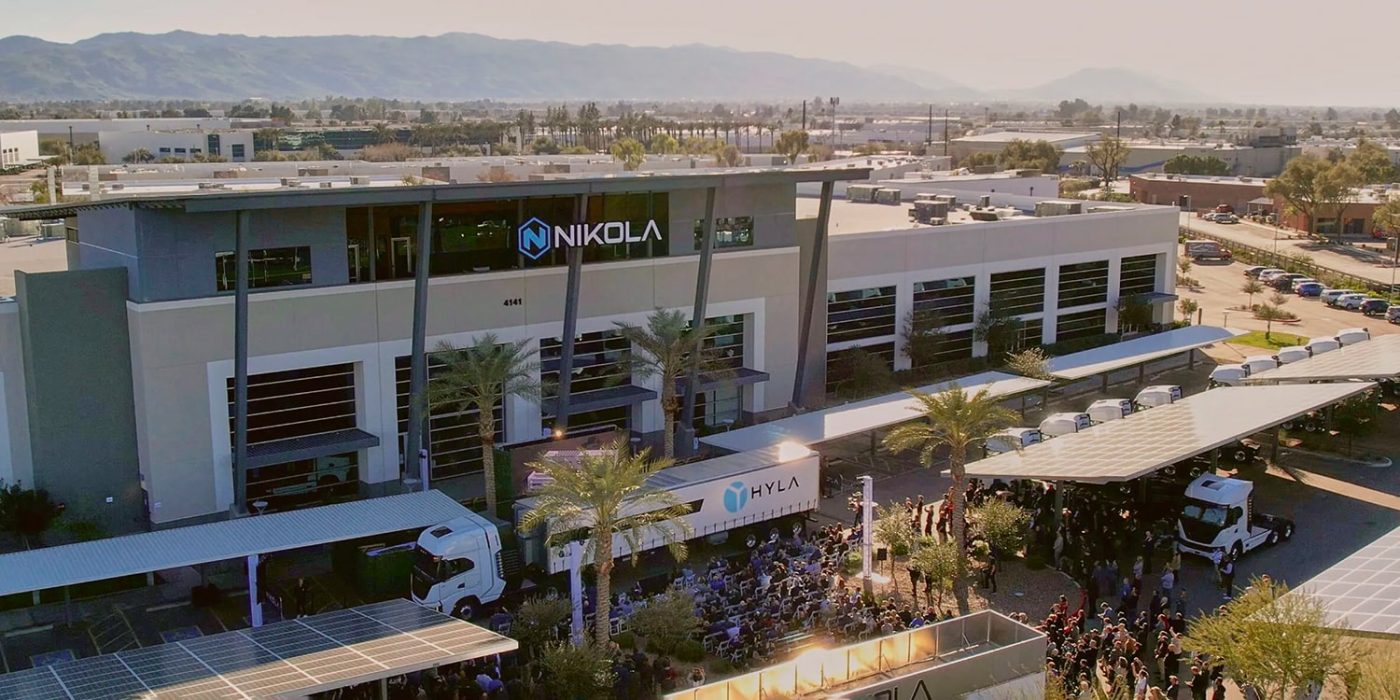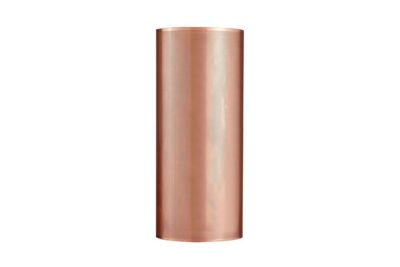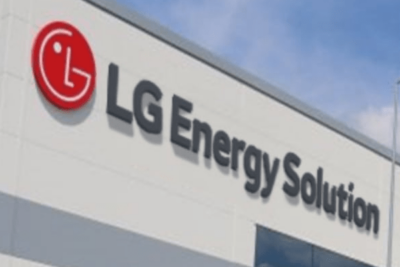Nikola to focus on fuel-cell truck production
Nikola will interrupt its truck production in Coolidge (Arizona) to convert the assembly line so that both fuel cell and battery electric vehicles can be produced on the same line in the future. After that, the focus will increasingly shift to fuel cells.
As the company writes in its current quarterly report, production is to be temporarily halted at the end of May and is expected to resume in July – but initially only with H2 trucks. For the time being, BEV trucks will only be manufactured to order. Nikola justifies the move by saying that demand for its battery trucks is “sluggish”. In Q1, Nikola built 63 BEV trucks, but only delivered 31 to dealers. The rest remain callable as stock.
Another point also tends to argue against the future of Nikola’s BEV trucks in larger numbers: The manufacturer is also looking at restructuring the business of battery maker Romeo Power, which it acquired less than a year ago, including an asset sale or a bankruptcy filing. The $144 million deal was still said to be about the company strengthening its battery supply chain.
The fuel cell trucks also need back-up batteries, but whether Nikola needs its own battery manufacturer for this in the apparently tight financial situation is now being questioned – as there is still a threat of legal repercussions following a lawsuit by Lion Electric in connection with the Romeo takeover.
Significantly more orders for FCEV trucks from Nikola
What is clear is that Nikola has recently reported orders for fuel cell trucks in particular: at the beginning of May there was an order for up to 50 Tre FCEVs from the US haulage company AJR Trucking, and according to the quarterly statement orders for 140 hydrogen vehicles have been received from 12 customers. In May, however, only 14 BEV trucks were ordered.
https://youtu.be/0-e6qnrm17c
“We have the right products at the right time, and as we move forward, we will be focusing on the North American market, hydrogen fuel cell trucks, the HYLA hydrogen refueling business, and autonomous technologies,” says Nikola CEO Michael Lohscheller. “We are on the right path with our re-energized management and commercial teams, improved sales strategy, new dealers, and energy partners.”
Nikola’s net loss was $169.1 million (€154.4 million), up from $152.9 million (€139.6 million) in Q1 2022, according to the quarterly report. In addition, cash burn increased from $200 million to $240 million, currently €219 million. “This level of cash burn is not sustainable for our business, and we are looking at every option for reductions in spending,” the company’s chief financial officer, Stasy Pasterick, told analysts on a conference call. “I am personally driving renewed focus on aggressive management of all three pillars of working capital: cost reductions, specifically payables, inventory procurement and management, and of course, cash collections.”
It was also announced a few days ago that Nikola will sell its entire stake in its European joint venture with Iveco to the Italian truck maker in order to focus on the North American market – which amounts to a withdrawal from Europe. “Manufacturing and energy are capital-intensive businesses and we need to continue to focus on where we have competitive and first-mover advantages,” the announcement says. This has not been seen in Europe in this form.
Even if, as Lohscheller announced, the focus is now on the H2 trucks and HYLA’s business with the (mobile) hydrogen filling stations, production in Coolidge will remain flexible. Production of the company’s own battery modules and packs is expected to start in Arizona at the end of July – both for the FCEV trucks and the BEV trucks assembled to order. Nikola then plans to start assembling Bosch fuel cell power modules in Coolidge in December 2023.






0 Comments